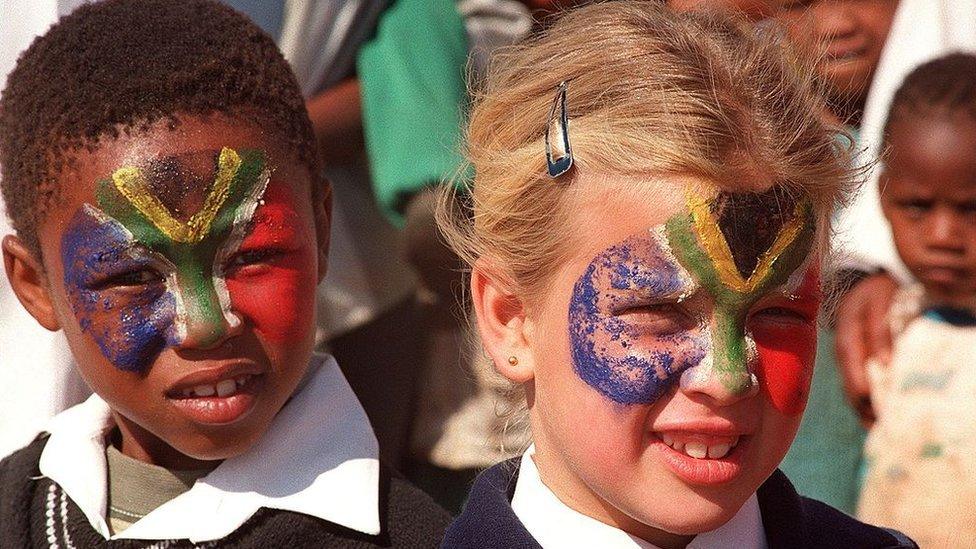Love Island: South Africa's reality show is 'too white'
- Published
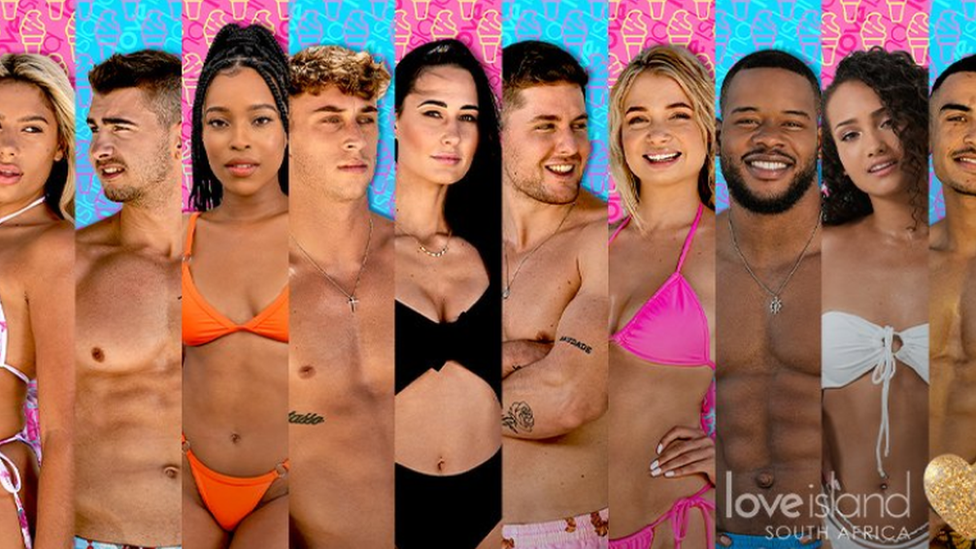
Viewers say the mostly white cast doesn't reflect South Africa as a majority-black nation
As the Love Island reality TV franchise launches in South Africa, the show has come under fire from viewers who say it fails to reflect the racial make-up of the majority-black nation.
South African media say just two contestants are black, and two are coloured - the official term for mixed-race people in the country.
The other six housemates are white.
In all, 10 contestants are vying to win the series and take home 1 million rand ($66,200; £47,500).
A spokesman said more contestants would be arriving in the next few days who would reflect South Africa's diversity.
The reality TV series, which began in the UK before spin-offs launched elsewhere in the world, sees a group of men and women living in a villa isolated from the outside world. They couple up and take part in challenges to win the support of the voting public and ultimately compete for the cash prize.
Participants are catapulted into the limelight, and there has been criticism in recent years that Love Island has failed to adequately support contestants' mental health, while black contestants have spoken out about experiencing racism.
Love Island UK star: 'I had so much anxiety'
Love Island says it has taken steps to address these issues. And in a first, a black couple won the US edition last year, external.
Yet many viewers in South Africa are disappointed with the programme's debut in their country.
"Wow so much diversity. This is a true representation of what I thought SA looks like," was one sarcastic reaction.
Allow X content?
This article contains content provided by X. We ask for your permission before anything is loaded, as they may be using cookies and other technologies. You may want to read X’s cookie policy, external and privacy policy, external before accepting. To view this content choose ‘accept and continue’.
According to a 2011 census at least 79% of South Africa's population is black, 9% is white, 9% is coloured and 3% is Indian.
"There aren't any Indian people on [Love Island SA], the one time we're thankful for not being represented,", external said Twitter user @joekhan360.
Yet another person complained that the ethnic breakdown of the group could mean there will be no mixed couples, in a country known for its fraught racial politics that persist 27 years after the end of white-minority rule:
Allow X content?
This article contains content provided by X. We ask for your permission before anything is loaded, as they may be using cookies and other technologies. You may want to read X’s cookie policy, external and privacy policy, external before accepting. To view this content choose ‘accept and continue’.

Respected news site IOL however says some of the criticism may be "over the top", and points out that the Love Island format brings in new cast members as the series goes on. "Indeed, as the show progresses, it's likely that the show will become more diverse,", external IOL reports.
Love Island SA's distributor DStv told the BBC this was indeed the case, adding: "We pride ourselves in reflecting diversity and inclusion for all our shows, including Love Island.
"Viewers can be assured that this will become more apparent in future episodes of Love Island SA. We hope viewers will keep watching to enjoy the new stars of the show who will be arriving over the next few days."
DStv's spokesman also apologised for "technical issues" that saw poor image and sound quality and which they are "working really hard to resolve".
- Published3 June 2019
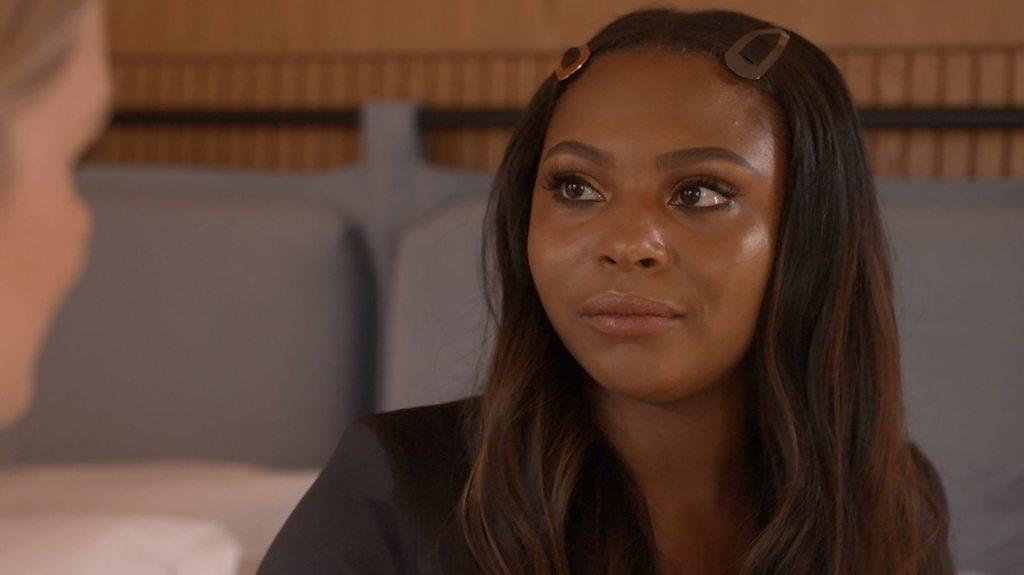
- Published12 August 2019
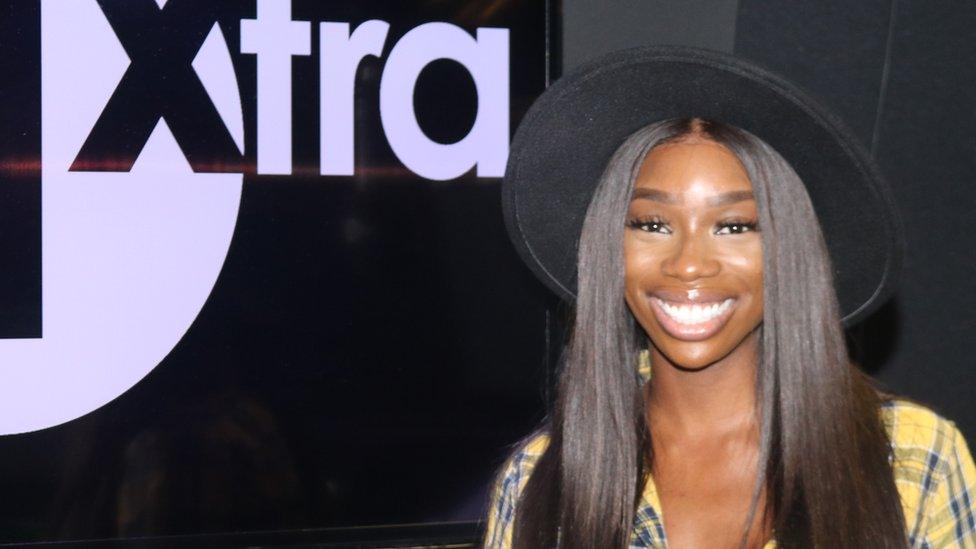
- Published22 November 2018
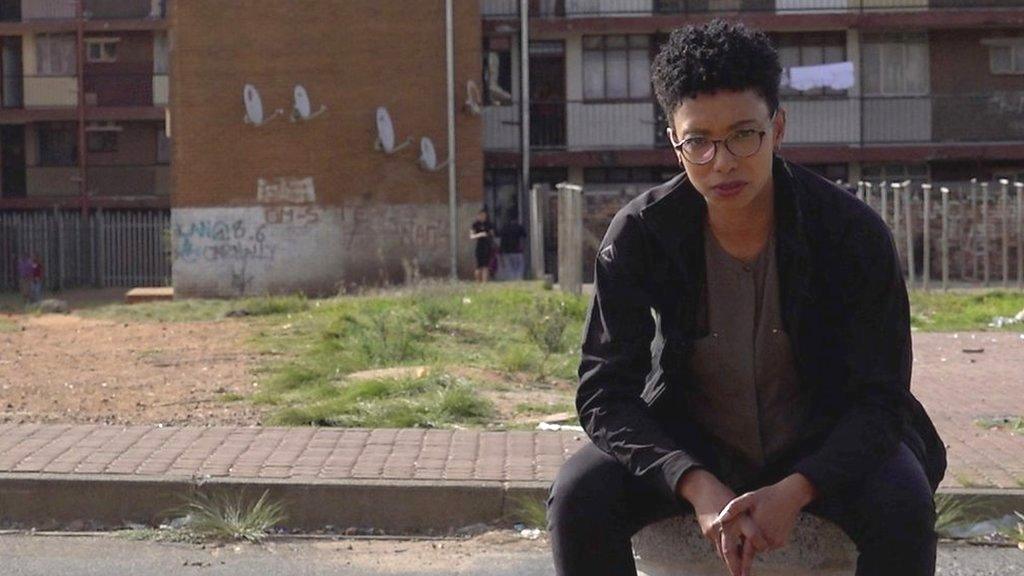
- Published21 January 2021
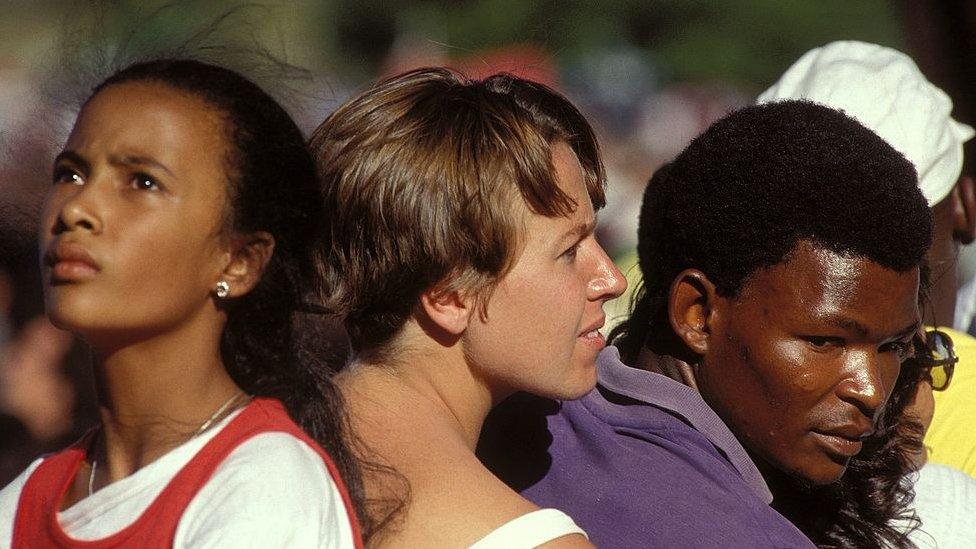
- Published18 December 2018
